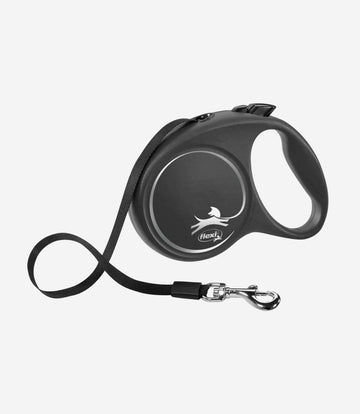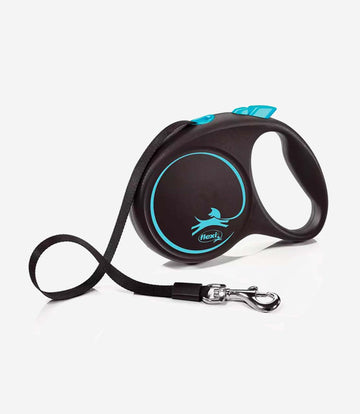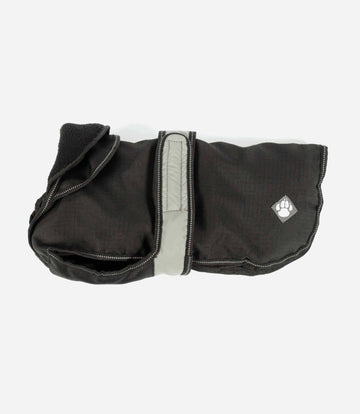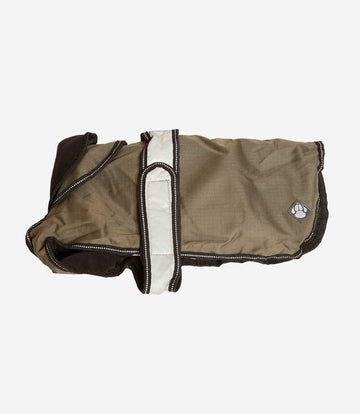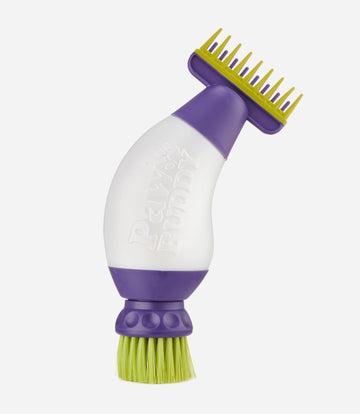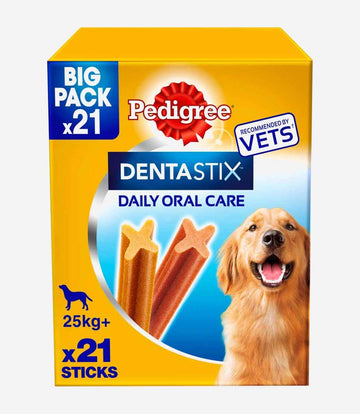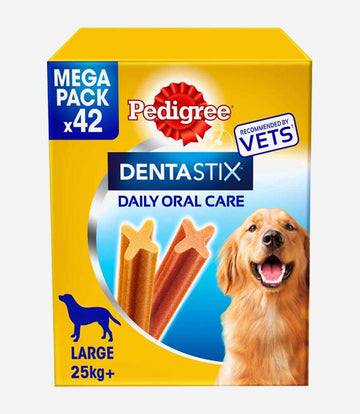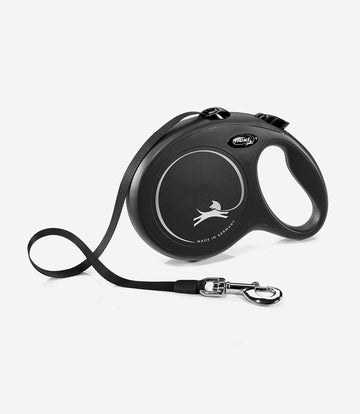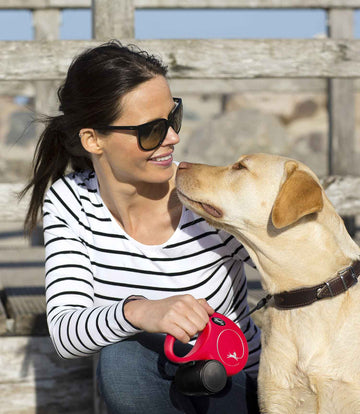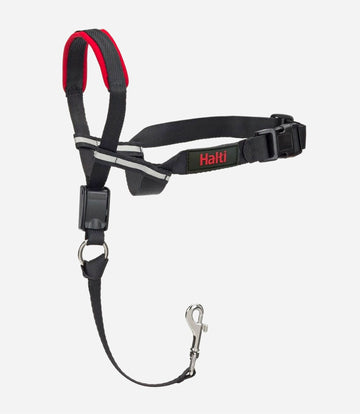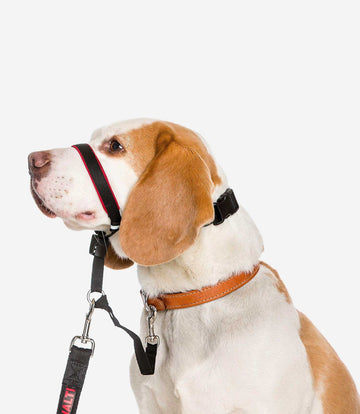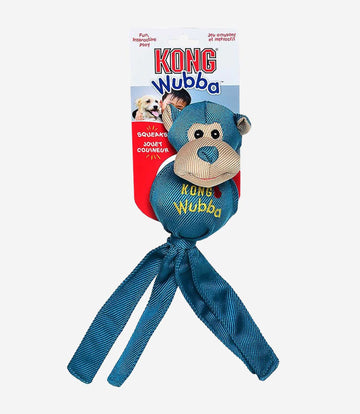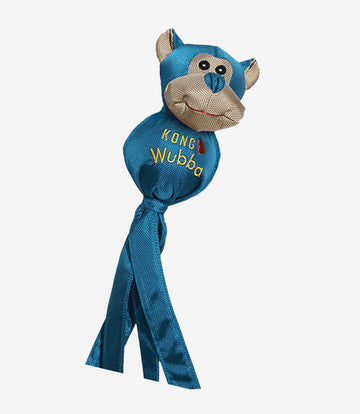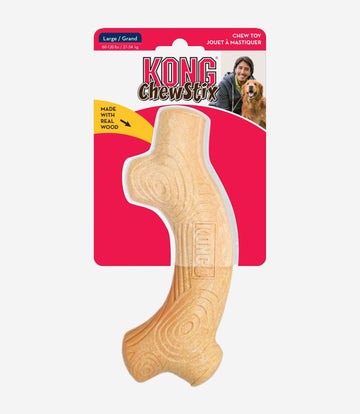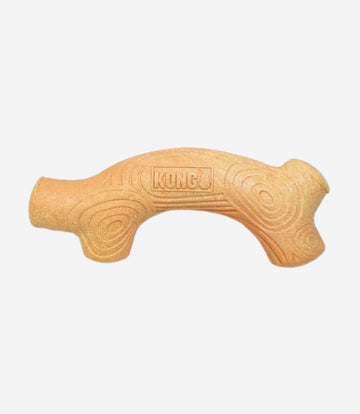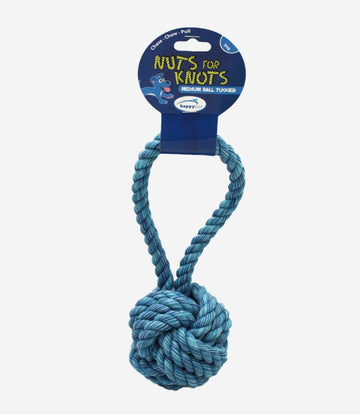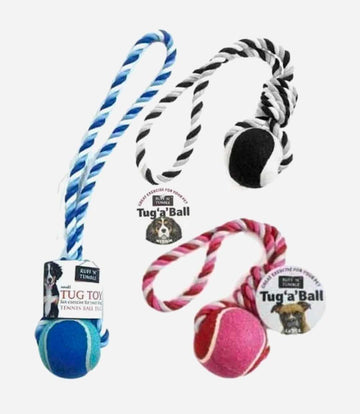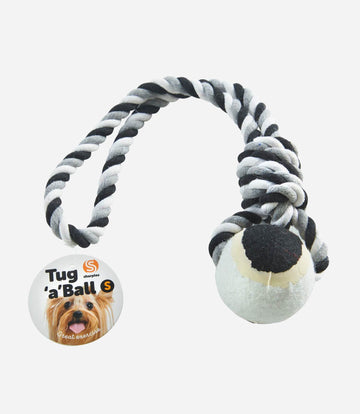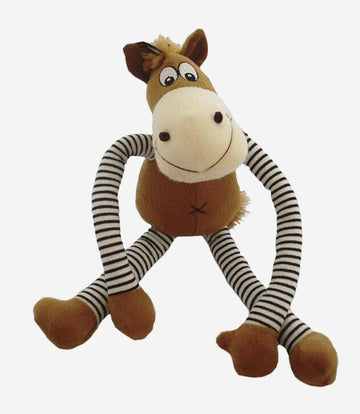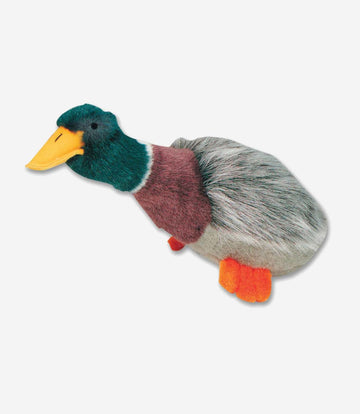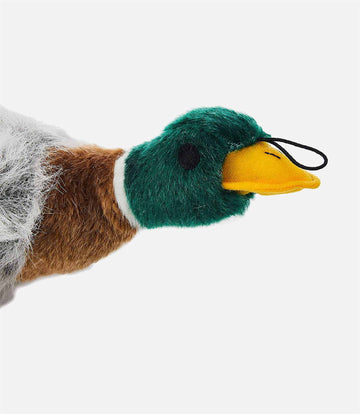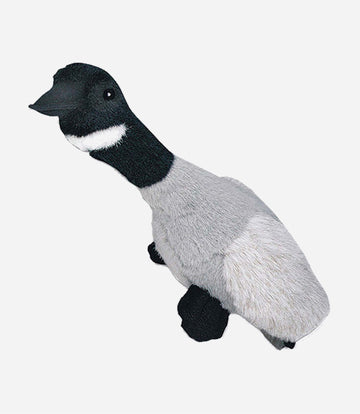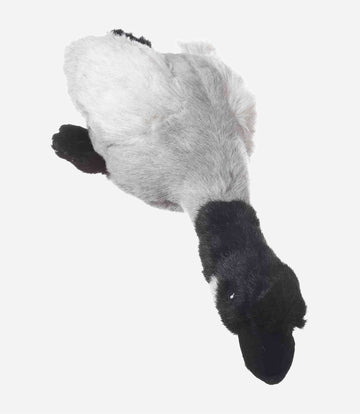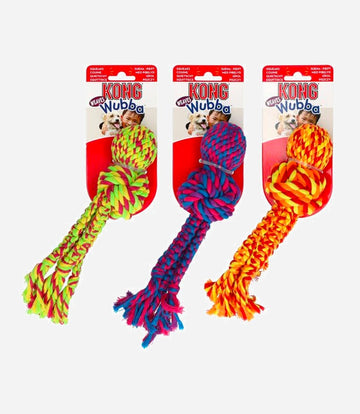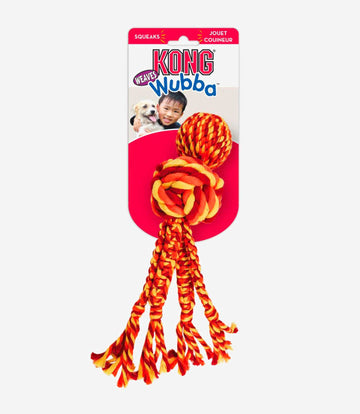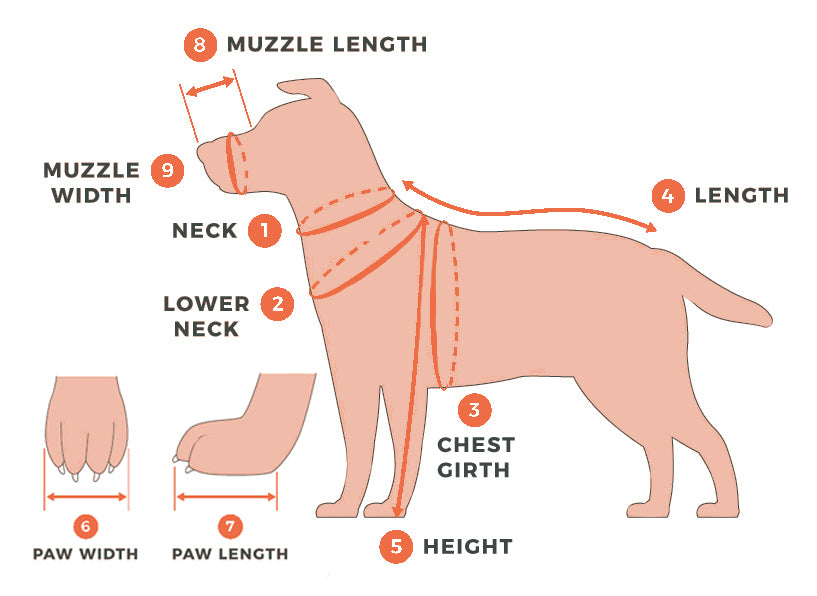Can Dogs Eat Almond Butter?

Almond butter - the velvety concoction of creamy richness and nutty delights, that can not only tantalize the taste buds but is packed with goodness. As we navigate the delightful intersection of flavor and nourishment, the question arises: Can Dogs Eat Almond Butter?
Join us on a flavorful exploration into the world of almond butter, where we unravel the culinary tapestry that holds the potential to elevate both the taste experience and nutritional balance for our beloved dogs.
Can Dogs Eat Almond Butter?

Almond butter is rich in healthy fats that can contribute to a shiny and healthy coat for dogs. Ensure moderation in serving sizes to prevent excessive calorie intake, which could lead to weight gain.
Key Considerations:
If you are wondering “is almond butter safe for dogs”, you just need to consider the following before feeding almond butter to your pet -
- Avoid varieties with added sugars or artificial additives, as these can be harmful to dogs.
- Introduce almond butter slowly into your dog's diet, watching for any signs of allergies.
- Xylitol, a sugar substitute, is toxic to dogs. Make sure that the almond butter does not contain xylitol.
- Tailor the serving size based on your dog's size and dietary needs.
- Before introducing any new treat or food into your dog's diet, consult with your veterinarian.
How to Safely Feed Almond Butter to Dogs?

Choose Natural and Unsalted Varieties:
Select almond butter with minimal ingredients, just almonds and avoid those with added sugars and salt. As added sugar and excess intake of sodium can lead to health issues in dogs. Avoid Xylitol as even a small amount can cause severe health complications as it is toxic to dogs. Read the product labels to identify any hidden additives and artificial ingredients.
Check for Allergies:
Slowly introduce almond butter as a dog treat in your dog's diet, monitor your dog closely during and after consumption. Observe vomiting or signs of gastrointestinal distress, such as diarrhea or changes in stool consistency. Pay attention to any unusual behavior exhibited by your dog, such as lethargy, restlessness, or changes in mood and consult your veterinarian if needed.
Mind Portion Control:
Almond butter is calorie dense, so be aware of the calorie content as it is crucial for the dog. Tailor the portion size based on your dog's size, weight and activity level. Make sure to treat it as an occasional indulgence rather than giving it your pet regularly and steer clear of almond butter containing harmful additives like xylitol, examine product labels.
Alternatives to Almond Butter for Dogs
The following natural butter without added sugars, salt or artificial ingredients can provide essential nutrients including protein and healthy fats, contributing to your dog's overall well being. It can also be used in puzzle toys, freezing it for a refreshing treat, or simply spreading it on a biscuit. You can also make homemade treats for your dogs or get butter dog chew.
- Peanut Butter
- Cashew Butter
- Sunflower Seed Butter
Summing Up
In the intricate and heartwarming journey of companionship, our in-depth exploration into the compatibility of canines with almond butter comes to a thought-provoking conclusion. Delving beyond mere taste and nutrition, it becomes clear that moderation and thoughtful selections play a vital role in introducing culinary indulgences to our beloved furry friends. While we savor the velvety richness of almond butter on our palates, nothing surpasses prioritizing the safety and overall health of our canine companions.
Whether as a special indulgence or an essential component in culinary creations, the profound significance of nut butter has been brought to light with Nestpets. Let us continue to treasure these moments, honoring the principles of canine nutrition, and reveling in the mutual pleasures that strengthen our connection with our beloved pets.

